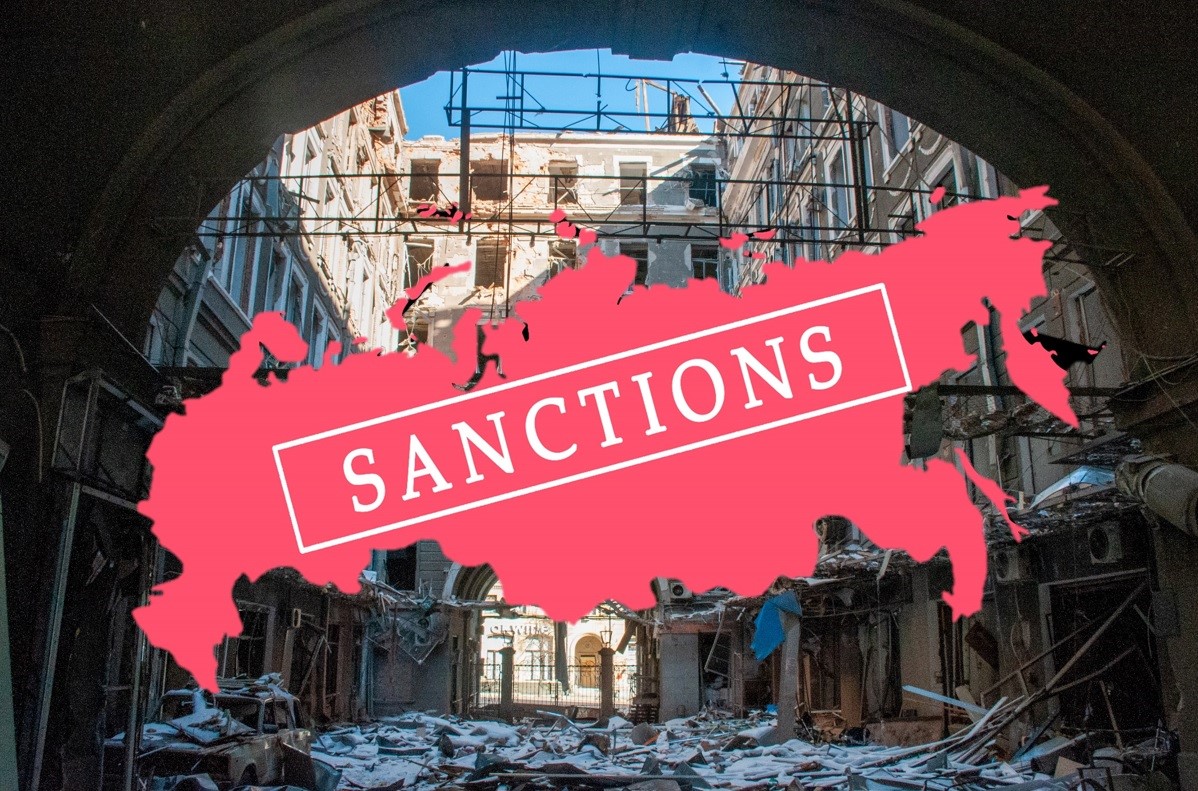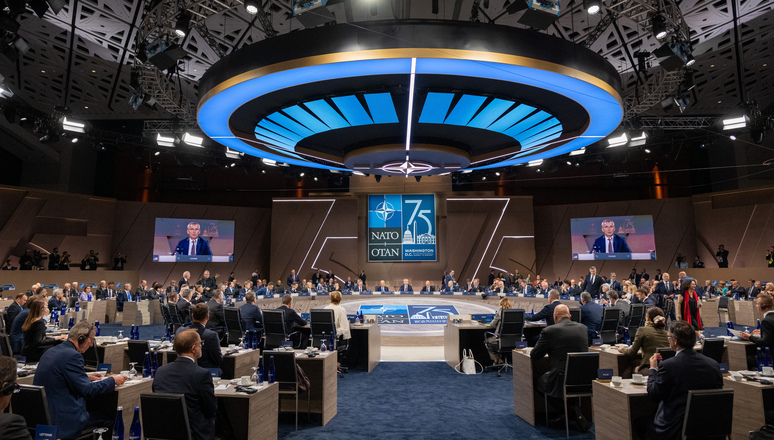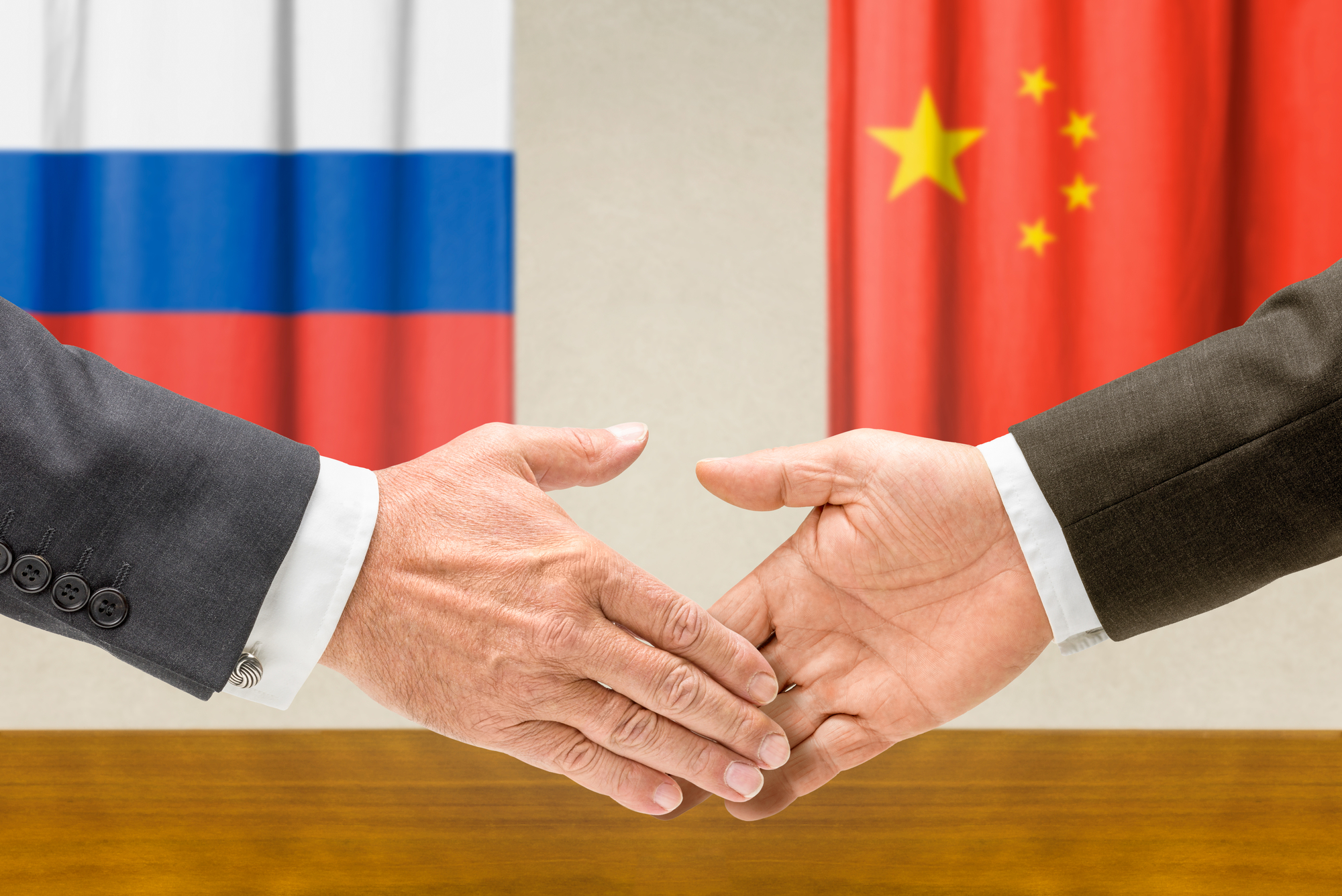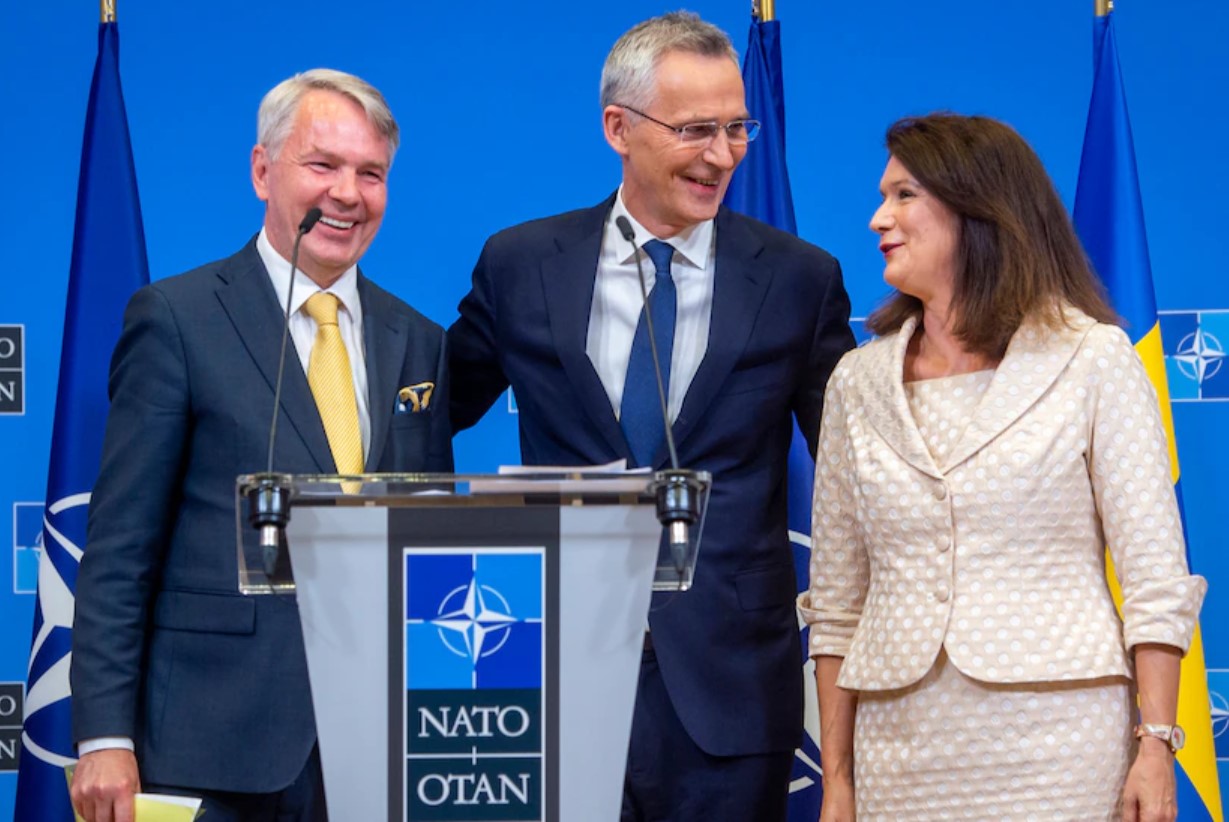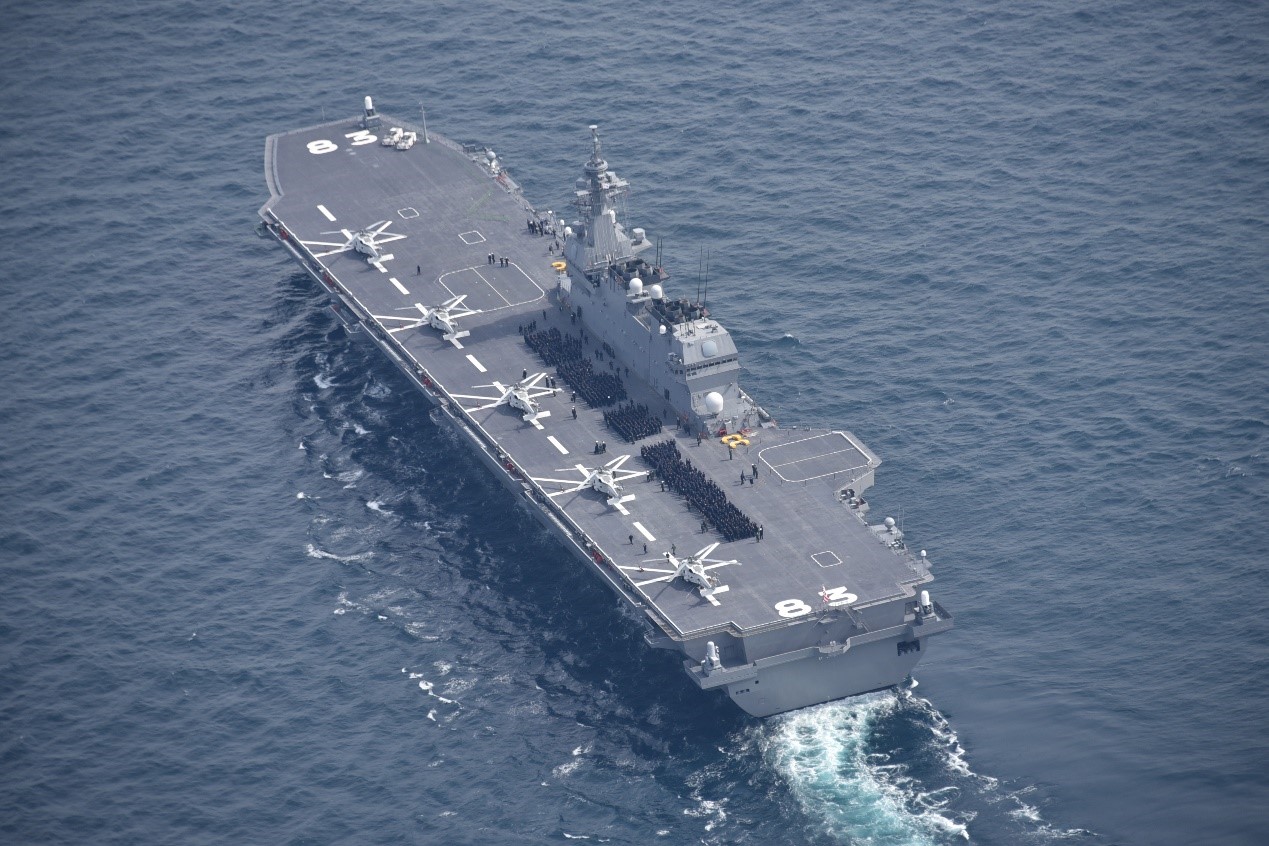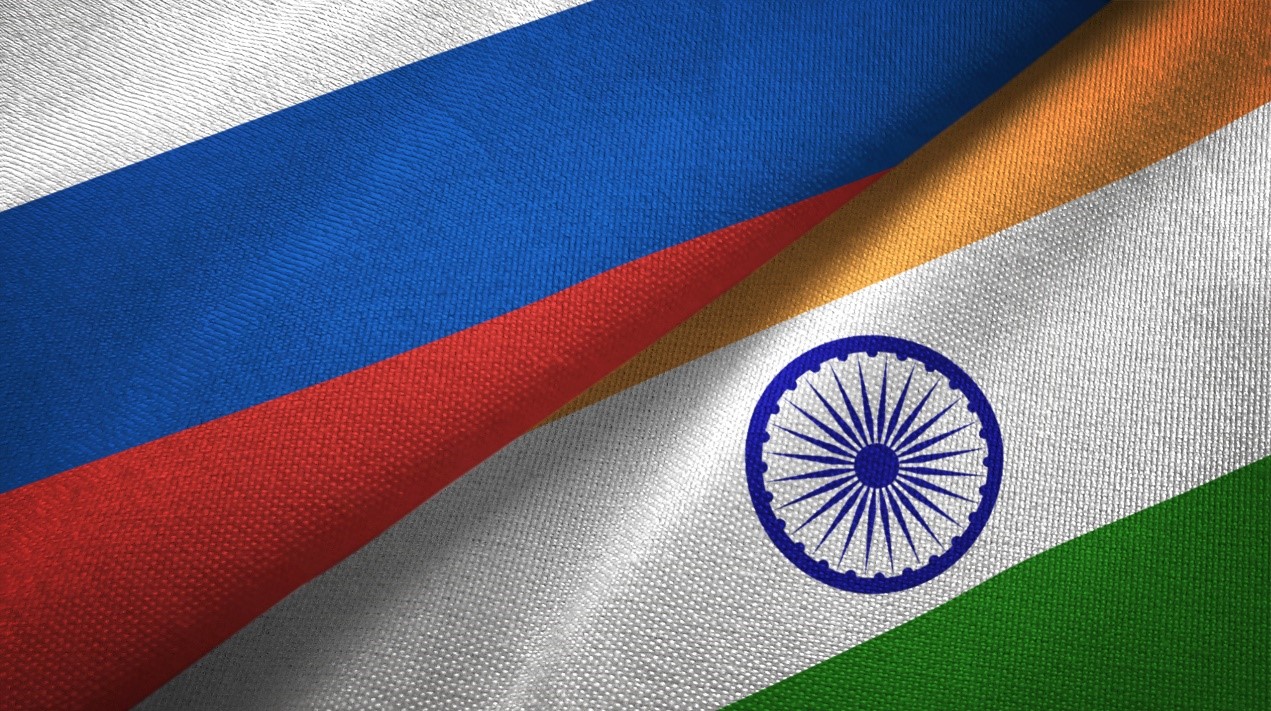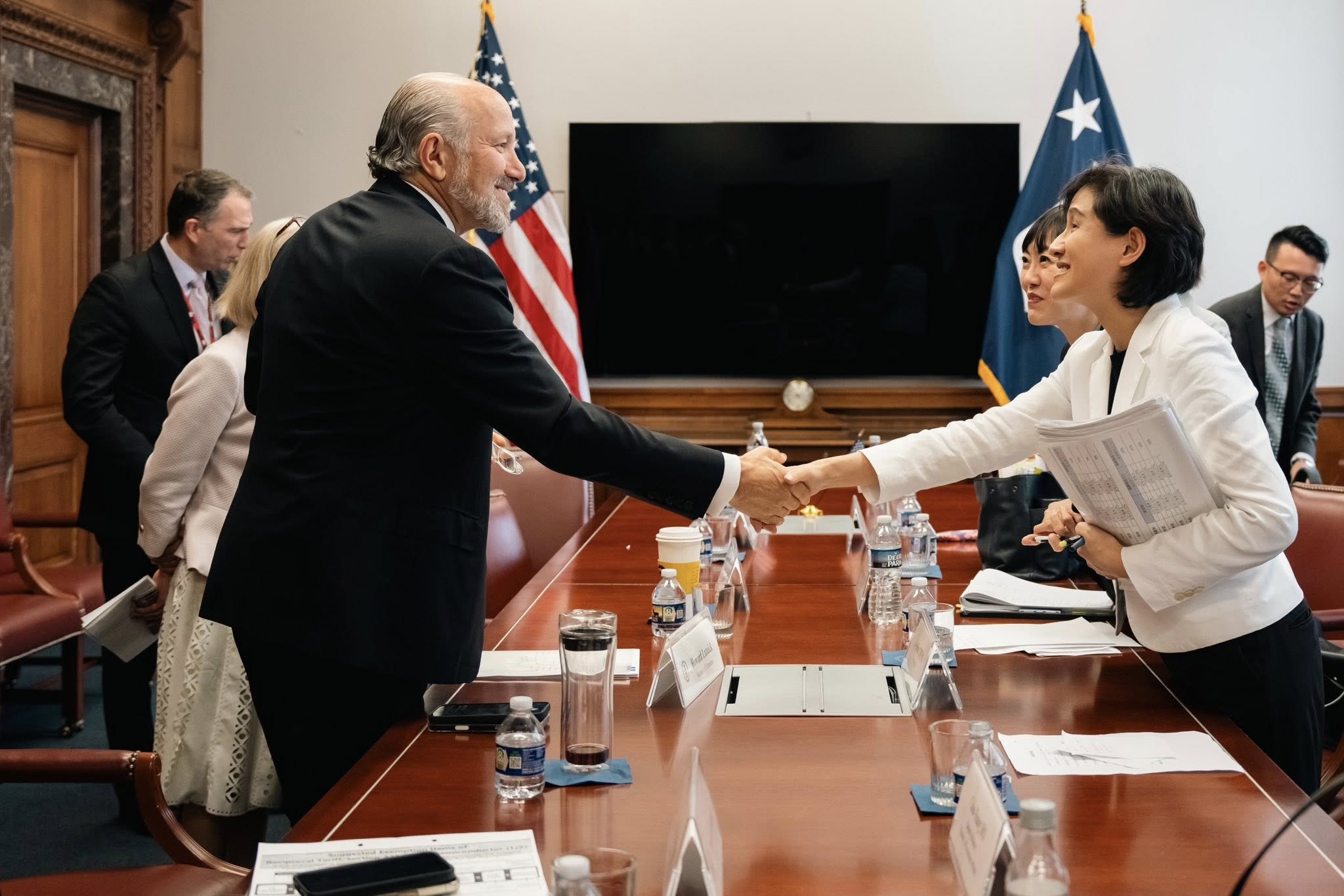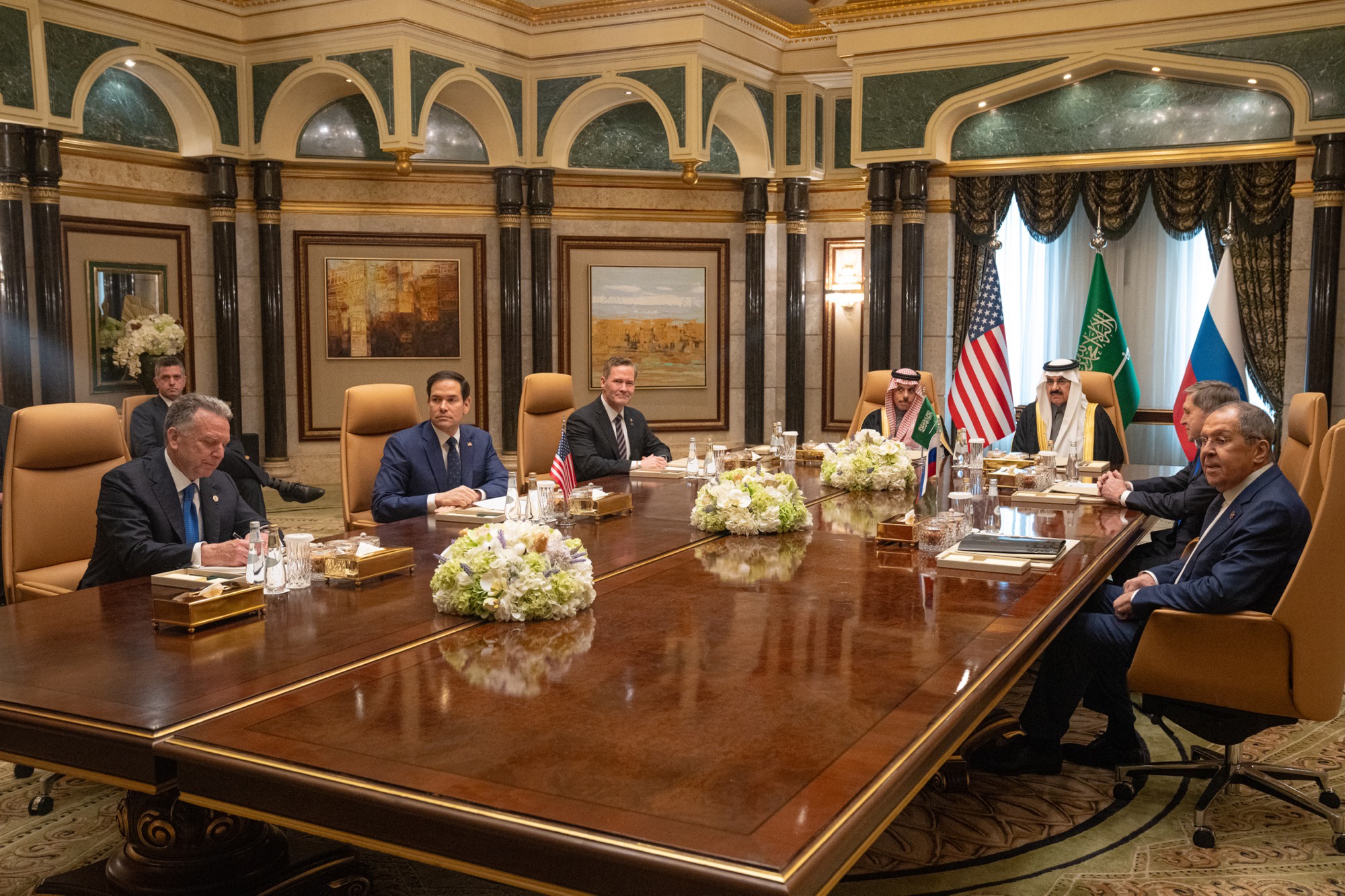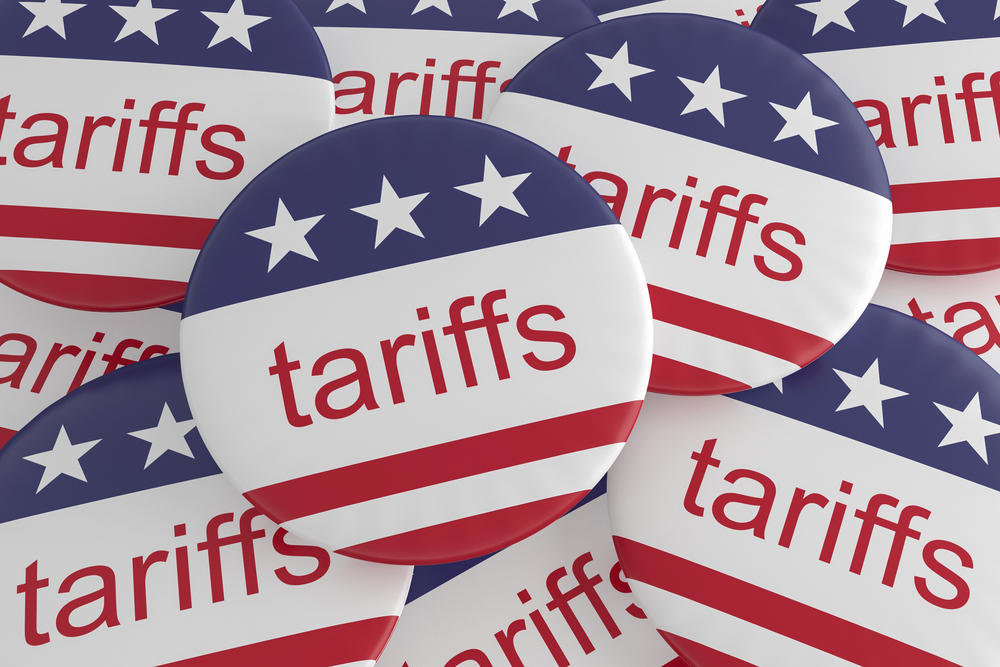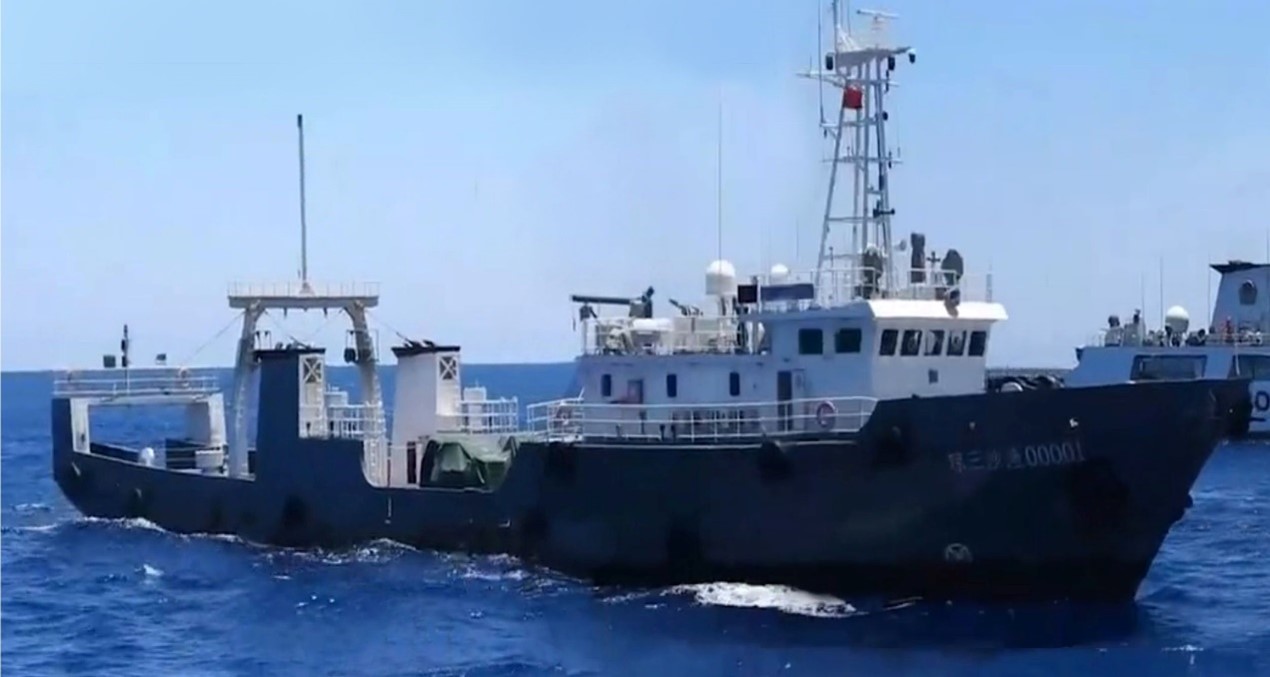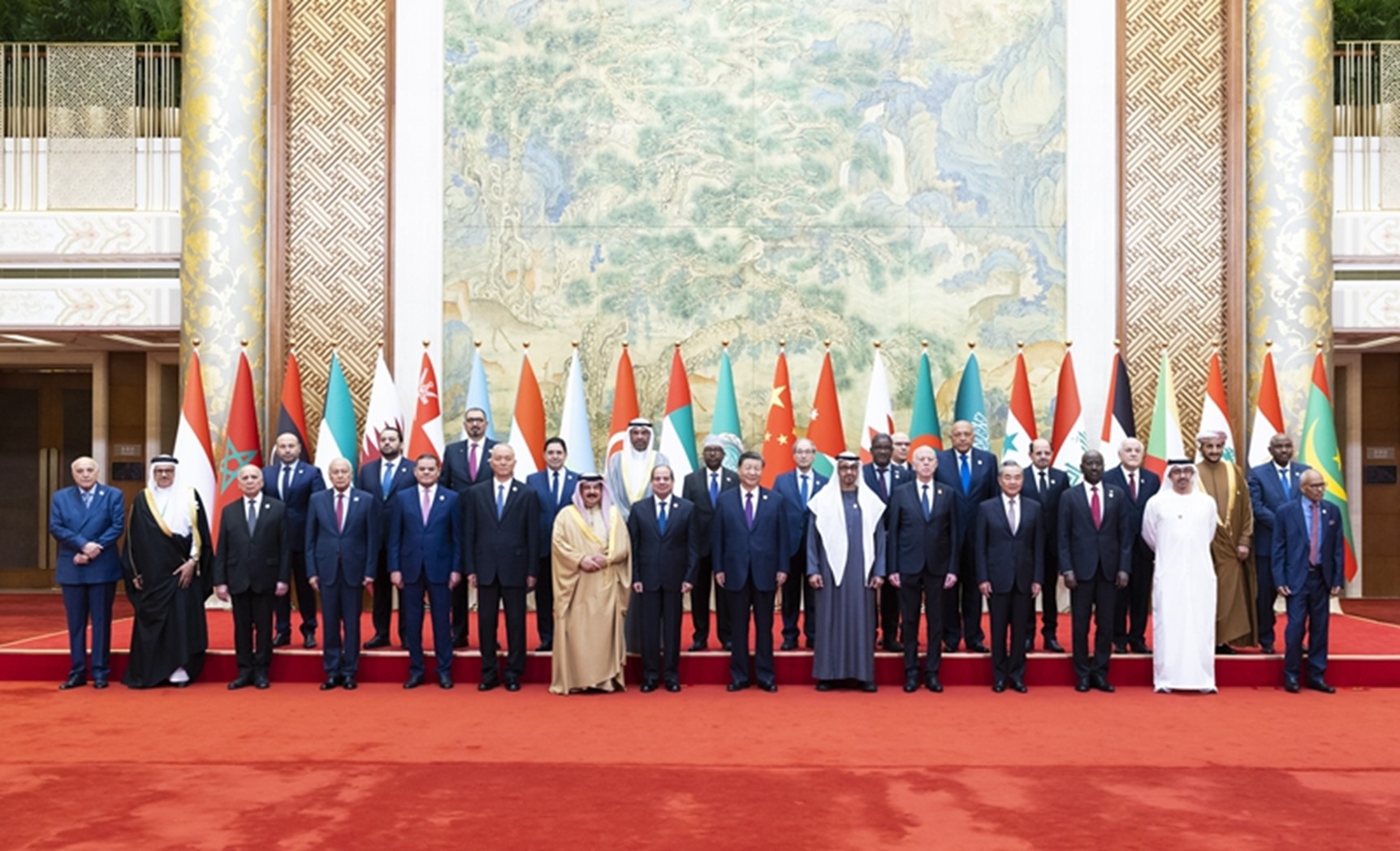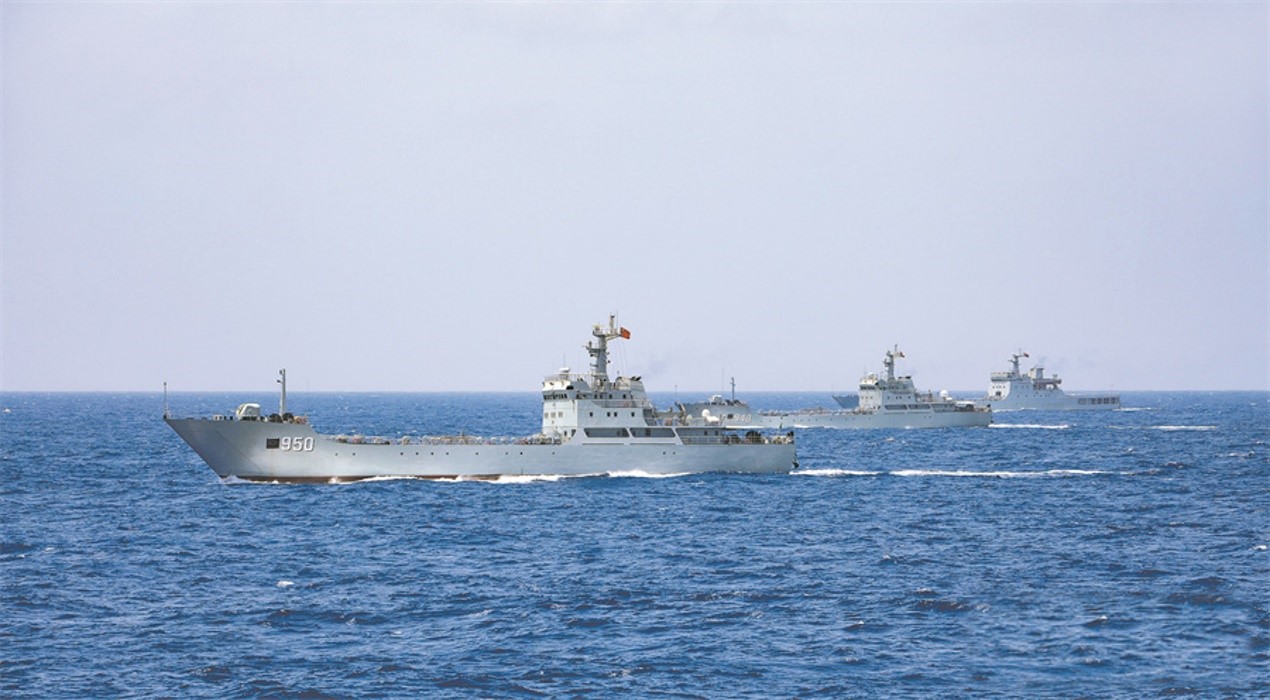The Impact of Western Support for Ukraine and Implications for Authoritarian Countries
Since the Russian invasion of Ukraine on February 24, Western countries and countries close to the United States have imposed a series of sanctions against Russia. The goal is to weaken Russia’s economy, isolate Russia from the international community, and eventually make the Kremlin back down from its aggression. Picture source: Depositphotos.
Prospects & Perspectives 2022 No. 22
The Impact of Western Support for Ukraine and Implications for Authoritarian Countries
By Chia-yi Lee
April 15, 2022
Since the Russian invasion of Ukraine on February 24, Western countries and countries close to the United States have imposed a series of sanctions against Russia. The goal is to weaken Russia’s economy, isolate Russia from the international community, and eventually make the Kremlin back down from its aggression. Despite not directly intervening in the war, Western countries have also sent weapons and aid to Ukraine to bolster its resilience. How will these Western actions affect the Russia-Ukraine war, and what are the implications for other countries, especially aggressive authoritarian countries?
Short-term effects of sanctions
Some scholars argue that sanctions are ineffective in constraining a target country’s behavior. Indeed, Western sanctions did not show an immediate effect, as the Russia-Ukraine war is still ongoing as of this writing. One reason why sanctions did not take effect quickly is that Russia, as the world’s largest natural gas supplier, is still profiting from energy sales, as many countries such as Germany are quite dependent on Russian natural gas. In some sense, Russian President Vladimir Putin has used Russian energy as a “weapon” to influence other countries and empower himself. Even though European countries are currently trying to reduce their reliance on Russian natural gas, other countries such as China and India are buying energy from Russia, which makes sanctions less effective.
The other key issue is leadership. Vladimir Putin may have miscalculated and believed that it would be easy to take over Ukraine by force in a short time; the reality is that the war has lasted longer than initially expected. But as a strongman, it will be difficult for Putin to recognize his miscalculation and withdraw militarily without getting any concessions from the Ukrainian side. This explains why some analysts believe that the most likely way to end the war would be the collapse of the Putin regime, perhaps by a coup. Putin, however, will definitely manage to hold on to power more firmly, so overthrowing him may not be that easy in the short term.
Long-term effects of sanctions and Western support
Although Western actions did not quickly end the Russia-Ukraine war, sanctions seem to be having the desired effect on the Russian economy. Putin has requested that “unfriendly” countries that wish to purchase Russian energy pay in rubles, which suggests that sanctions have made dollars or euros less useful in Russia. Moreover, Russian companies have laid off employees, many shops have closed, and inflation has burgeoned. Russian Prime Minister Mikhail Mishustin recently admitted that Russia is facing the “most difficult situation in three decades” because of Western sanctions. In the long term, it is highly likely that Russia’s economy will be seriously hit by the wide-ranging and still intensifying sanctions. If Russia suffers from a big recession due to the sanctions, Putin’s legitimacy and continued rule may be heavily undermined, and this will be a consequence that he likely did not anticipate before the invasion.
In addition to the impact on the Russian economy, Western support has also had a strong psychological effect on the war. The Ukrainian military has shown fierce resistance to Russian attacks, surprising many who predicted a quick Russian victory at the beginning of the war because of the disparity between the Russian and the Ukrainian armed forces. So far, more than 10,000 Russian soldiers have reportedly been killed, and if this casualty rate continues, the Russian military may eventually lose the ability to fight unless they turn to a more radical approach such as using nuclear weapons. There has also been a strong sense of unity among Ukrainians, or even among non-Ukrainians, as many have been inspired by the determination of Ukrainian President Volodymyr Zelenskyy.
Ironically, one reason why Putin invaded Ukraine is because Ukraine has been veering towards the West and away from Russia since its independence in 1991, shown by its intention to join EU and NATO, which makes Putin highly insecure. But using force cannot solve this problem, as Russian aggression has caused Ukrainians to be even closer to the West and more antagonistic toward Russia. The contemporary world seems to be divided into two big camps: one believing in liberal democracy and the other sticking to authoritarianism, and it is clear that Ukrainians have chosen to embrace democratic values and to be leaning towards the democratic West rather than authoritarian Russia. The Russian invasion has only made them even more determined.
Implications for other authoritarian countries
While it is still unclear how the Russia-Ukraine war will end, Western countries’ actions and developments so far suggest two important implications for other authoritarian countries. First, military invasion is not a feasible solution to any cross-border issues in the current era. Globalization, which started mainly in the West, has made all countries closely connected to one another. Unless a country can be completely self-sufficient and isolated from the rest of the world, economic sanctions imposed by other countries will strike the domestic economy to some degree. Countries whose economies are highly integrated into the global supply chain, such as China, would be especially vulnerable to this impact.
Second, authoritarian leaders should not underestimate the power of civil society and another country’s determination to defend itself. Ukraine has demonstrated to the world that a relatively small country is able to resist invasion by a powerful neighboring country. Part of the reason is the weapons sent by Western countries, but another is that the entire country has been united and mobilized to defend themselves and protect the value they are pursuing. If the international community also stands with the country being invaded, then the costs of military invasion will be too high for the invader to bear.
(Dr. Lee is Associate Professor, Department of Diplomacy, National Chengchi University)


